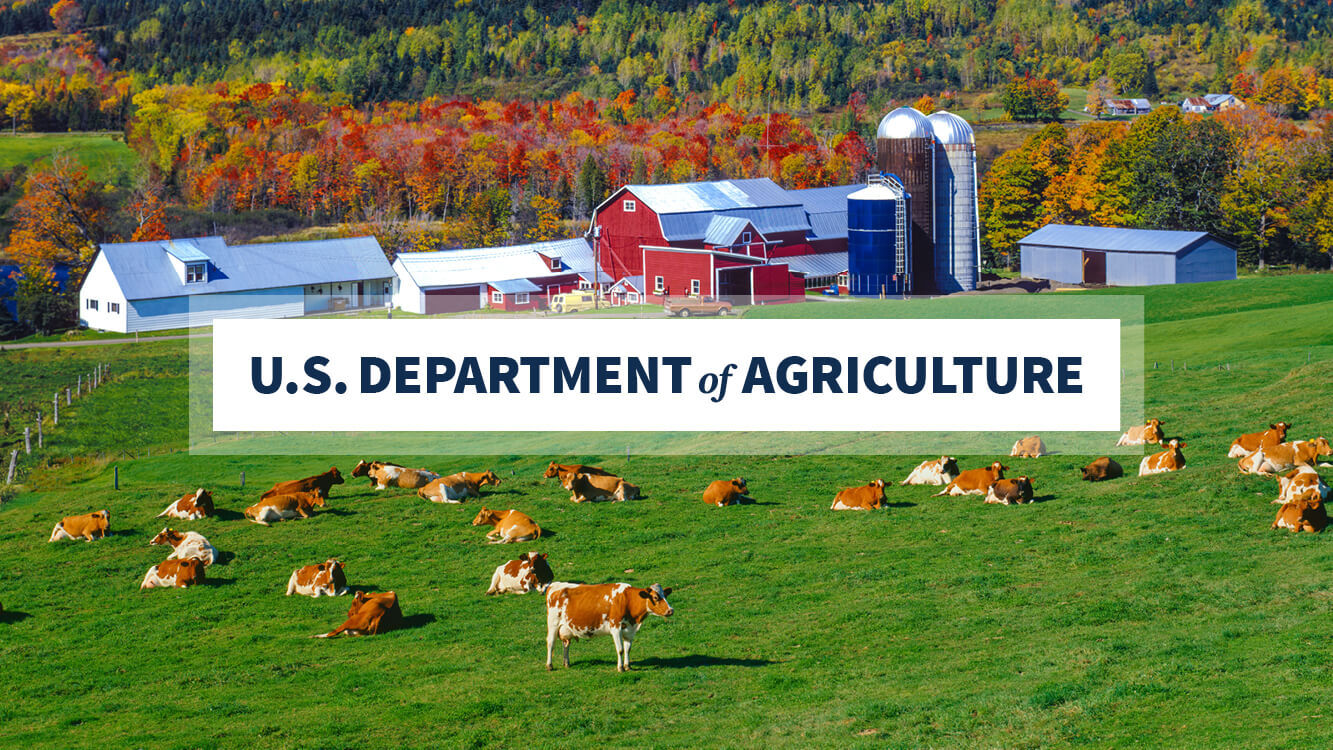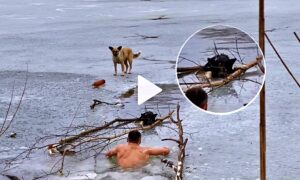A virus that can leave piglets stillborn and horses with anorexia has been detected in southern Australia for the first time.
Key points:
- JEV is a mosquito-borne viral disease that mostly occurs in pigs and horses, but can cause disease in people and rarely in other animals
- Animals and people become infected through the bite of infected mosquitoes
- It cannot be caught through eating pork or pig products. The disease is not transmitted from person to person.
The Department of Agriculture Water and Environment said that Japanese encephalitis virus (JEV) had been detected in piggeries in New South Wales, Queensland and Victoria.
Australian Chief Veterinary Officer Dr Mark Schipp said JEV was confirmed by laboratory diagnosis at one piggery in Victoria’s north, six piggeries in NSW, and in one piggery in Queensland.
“JEV is a mosquito-borne viral disease that mostly occurs in pigs and horses but can cause disease in people and rarely other animals,” Dr Schipp said.
“It cannot be caught through eating pork or pig products. The disease is not transmitted from person to person,” he said.
Dr Schipp said animals and people become infected through the bite of infected mosquitoes.
“We’re asking anyone who works with pigs or horses, even if they’re a pet in the backyard, to keep an eye out for and report any possible signs of this disease.
“The most common symptoms in pigs are mummified or stillborn piglets or piglets who show neurological problems in the first six months of life.
“The disease tends to be asymptomatic in adult sows, but boars can experience infertility and testicle congestion.”
Horse symptoms
Dr Schipp said horses with JEV could experience a range of symptoms.
“While most infected horses do not show signs of disease, some more severe signs of JEV in horses include fever, jaundice, lethargy, anorexia and neurological signs, which can vary in severity.”
JEV is a notifiable disease, and anyone who suspects their livestock are carrying the virus must report it to authorities.
Dr Schipp said the Department of Health and the Department of Agriculture, Water and the Environment is working with state and territory counterparts.
Piggery staff to be vaccinated
Australia’s largest pork producer SunPork has reported two of its piggeries in southern Queensland and central NSW were placed under movement restrictions due to the detection of JEV.
“It’s a Category Emergency 1 Disease, so it triggers a whole stack of federal and state legislative instruments targeted at controlling spread, so those mosquitoes don’t infect a whole lot of humans,” Dr Robert Van Barneveld, Group CEO and managing director, SunPork said.
SunPork staff will be vaccinated next week, and Dr Van Barneveld said many of the staff who hail from the Philippines were familiar with the disease as it was endemic.
He said the disease did not do too much damage to pig production.
“The disease when it gets into a pig farm isn’t the end of the world for a pig farm. It’s quite a transient disease.
“So a mosquito has to bite a sow at a particular time during gestation, then you can get an increase in stillbirths or late-term abortions.
But he had high praise for the biosecurity authorities as they worked to restrict the spread of Japanese encephalitis that balanced the impacts on pig producers.
SunPork said the Chief Veterinary Officer and Biosecurity Queensland were not planning to destroy pigs but rather manage the mosquitoes.
“It doesn’t affect the pork, it’s safe to eat, and the risk of transmitting the disease to another mosquito population is very low,” he said.
Mosquito control
Not just pig farms, but everyone, will need to control mosquitoes.
“Making sure we have mown the lawn, and there’s no place mosquitoes can breed,” Dr Van Barneveld said
“There are lots of diseases that can be transferred by mosquitoes. It’s just that this is a new one that’s spread further down the east coast.”
Posted , updated
Note: This article have been indexed to our site. We do not claim legitimacy, ownership or copyright of any of the content above. To see the article at original source Click Here












